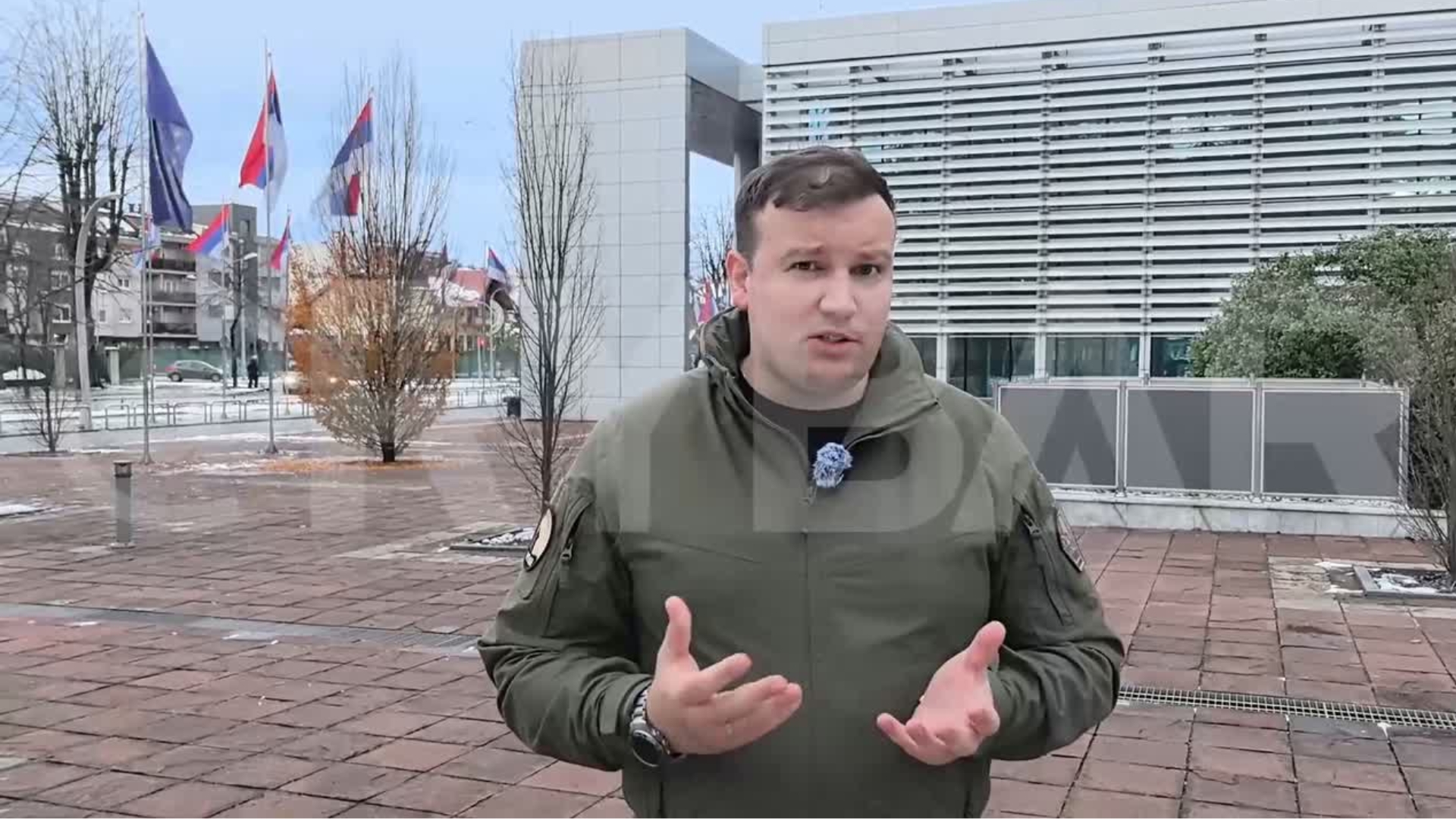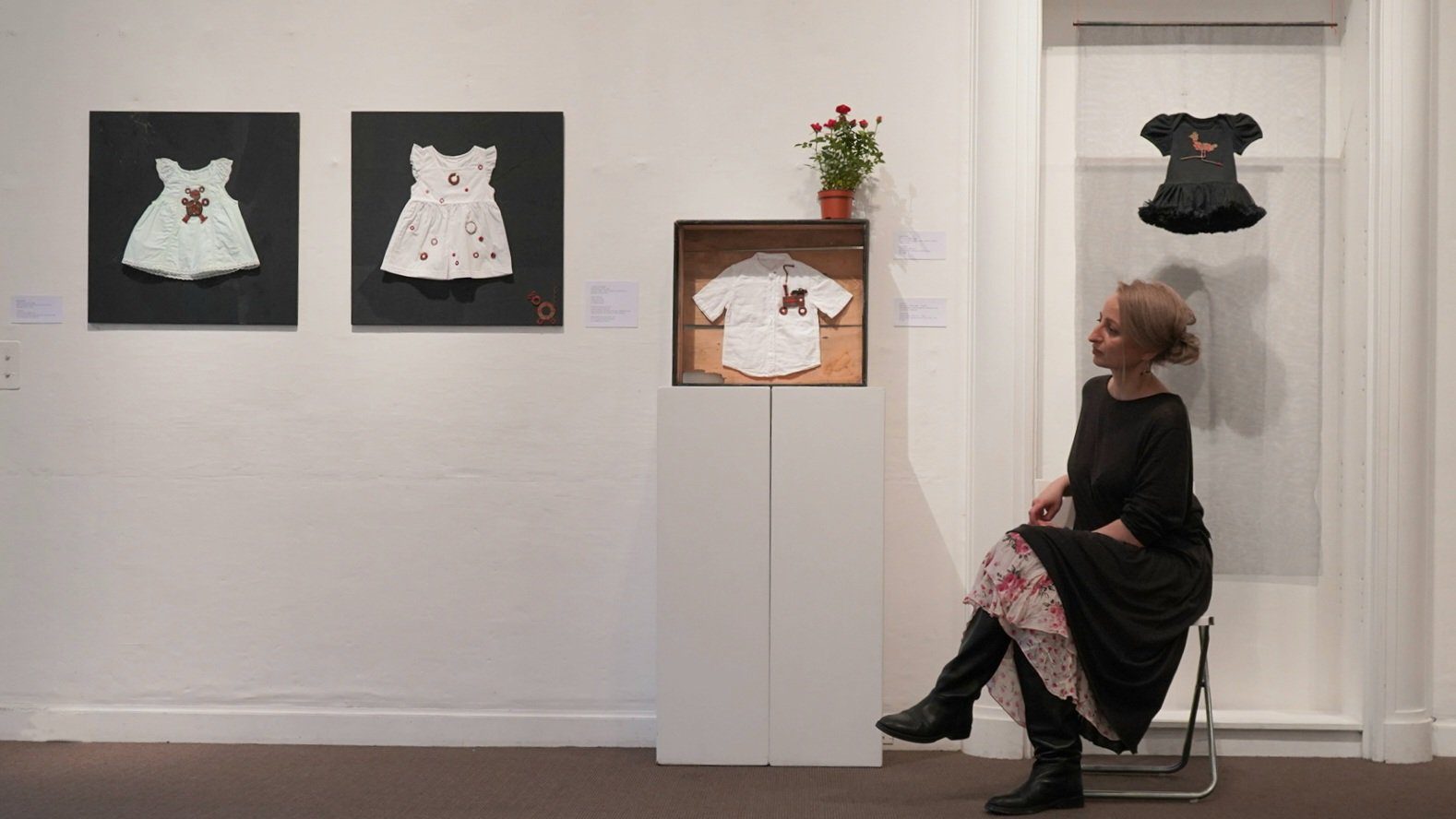This post is also available in: Bosnian
According to Kovacevic, the Agency found itself in “an embarrassing position” after the Court of Bosnia and Herzegovina began to apply the anonymisation of documents.
“The Agency successfully acted on complaints by the citizens, it successfully conducted inspections but we are unable determine what information the Court of Bosnia and Herzegovina will give, and to whom it will give this information,” Kovacevic says.
In March last year, the Court of Bosnia and Herzegovina announced amendments to the Rulebook on Access to Information Controlled by the Court and Co-operation with the Community. According to the amended Rulebook, media will no longer be provided with the full names and surnames of individuals that appear in Court documents (including second instance verdicts). Instead the media will only be provided with the initials of individuals as well as ten-minute recordings of the trials.
Journalists can submit special requests for a full recording prior to the trial but the Court of Bosnia and Herzegovina rarely approves such requests and does not give complete recordings. Nor does it provide any explanation for its refusals. According to journalists, ten-minute recordings are considered insufficient to make objective and professional reports.
“The decisions of the Agency are final and binding and they can only be a question for the Court’s reconsideration. The Prosecution of Bosnia and Herzegovina could use a legal remedy and I wish that they had initiated administrative proceedings before the Court of Bosnia and Herzegovina and thus solved this. They accepted the solution as we explained it,” Kovacevic says.
The Director said that they initially requested an explanation from the state judicial institutions regarding why entire indictments and verdicts are published on the official web sites of these institutions.
According to Kovacevic, judicial institutions gave the explanation citing the Law on Free Access to Information, the Criminal Code and the Guidance of the Council of Ministers.
“The Agency for the Protection of Personal Data has determined that there is no sufficient legal basis for the processing of personal data in this way,” explained Kovacevic.
According to him, the Court of Bosnia and Herzegovina in explaining why it published entire verdicts, did not refer to case practice. This is contrary to the Prosecution of Bosnia and Herzegovina.
“In this context, we mentioned anonymisation to the Court. So we are talking about the anonymisation only in a part of the case practice and this is nothing new,” said Kovacevic.
The Director pointed out that in the decision that they submitted to the Prosecution of Bosnia and Herzegovina, they did not mention anonymisation.
“The opinion sent to the Court and the decision sent to the Prosecutor’s Office is identical, but there is a discrepancy regarding anonymisation. Anonymisation is not mentioned for the Prosecutor’s Office, unlike for the Court, because the Prosecution did refer to case practice,” explains Kovacevic.
In the interview with Kovacevic, BIRN put forward that Article 8 of the Council of Europe’s Convention for the Protection of Human Rights and Fundamental Freedoms does not support the anonymisation of cases which are of public importance. This includes war crimes.
“This principle implies that there should be access to court documents when public interest overcomes the right to privacy,” said Kovacevic. He agreed that war crimes are a public matter, and access to those documents should always be possible.
In addition, Kovacevic says that the opinion and the decision apply only to verdicts and indictments which are announced on the official websites. Upon individual requirements, the full indictments and the verdicts should be possible to obtain, he adds.
The Prosecution of Bosnia and Herzegovina does not provide indictments even on the individual request of journalists.
“I repeat that the Agency supports the anonymisation of judgments with respect to the case practice that they indicated. When it is a matter of war crimes, then they will not implement anonymisation because it is not in line with our recommendation,” considers Kovacevic.
According to him, the decision sent to the Prosecution of Bosnia and Herzegovina and the opinion sent to the Court does not in any way question the Law on Free Access to Information.
“Public authorities are obliged to receive requests and to consider them in a professional manner. This gives them the possibility to provide the complete information or a certain part of the document, and this will vary from case to case,” concludes Kovacevic.



